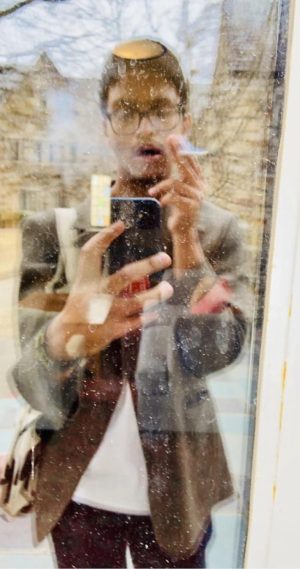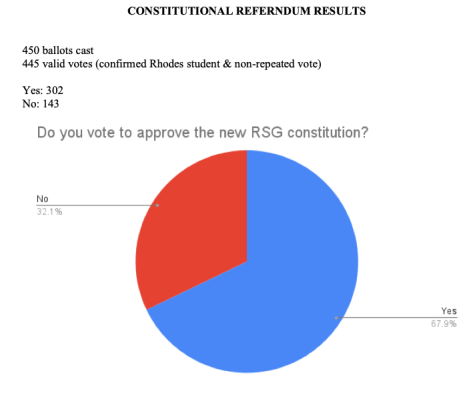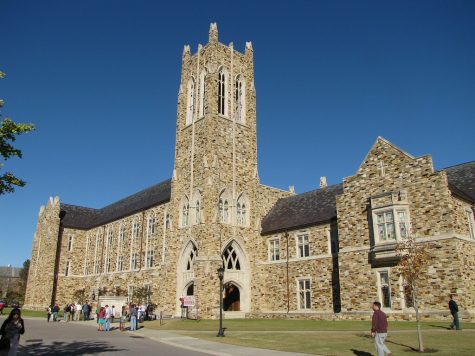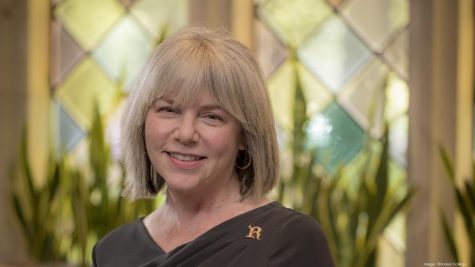Panelists debate free speech on college campuses
October 4, 2018
On Sept. 17, Rhodes hosted a Constitution Day Symposium organized by Professor of Political Science Dan Cullen. Invited to speak at the symposium were senior fellow at the DC-based Brookings Institution Jonathan Rauch, Ursinus College politics professor Jonathan Marks, Middlebury College professor Allison Stanger and Northwestern University sociology professor Laura Beth Nielsen. Cullen served as moderator for the symposium.
“A recent survey found that while college students support free speech generally, a majority either believes that the First Amendment excludes protection for ‘hate speech’ or that it should,” Cullen said. “Those students don’t agree with the Supreme Court’s maxim that ‘the proudest boast of our free speech jurisprudence is that we protect the freedom to express the thought that we hate.’ That’s an interesting disconnect: what accounts for it?”
Cullen was careful to invite panelists who were experts on the subject and who would disagree with one another. Rauch, an openly gay man, has experienced discrimination and been the victim of hate speech for his whole life, but argues against imposing penalties against such speech. Nielsen is of the opposite view, that completely free speech can damage individuals by causing depression, anxiety and high blood pressure. Stanger was injured in the protests against inviting Charles Murray to speak at Middlebury College—Murray is a co-author of “The Bell Curve,” in which he argues that some races are innately deficient and those deficiencies lead to social and economic inequality. Marks is a leading commentator on the recent literature surrounding free speech, and “has a knack for identifying those complications.”
“You come to college to face things that you wouldn’t otherwise face, and that includes interacting with ideas that might drastically collide with yours, and part of that includes being able to speak freely about it,” Eli Matlock ’21 said.
Rauch made the case for higher education to continue to promote and protect free speech, even private institutions such as Rhodes, who have no obligation to do. He argued that it is especially important to protect the most offensive speech, although those who espouse such ideas should be prepared for criticism. Marks discussed what sometimes happens when college campuses react against free speech. This includes violent protests and firings when members of a campus community disagree strongly with scholars. Nielsen claimed that hate speech must be included in all discussions about free speech, particularly since some speech imposes costs on a community, and those costs are not evenly distributed. Stanger, while arguing against banning certain kinds of speech, expressed that nobody can learn in an unequal environment.
“I think the primary purpose of academic life is not the pursuit of justice, or compassion or other such laudable goals; it’s the pursuit of understanding,” Cullen said.













